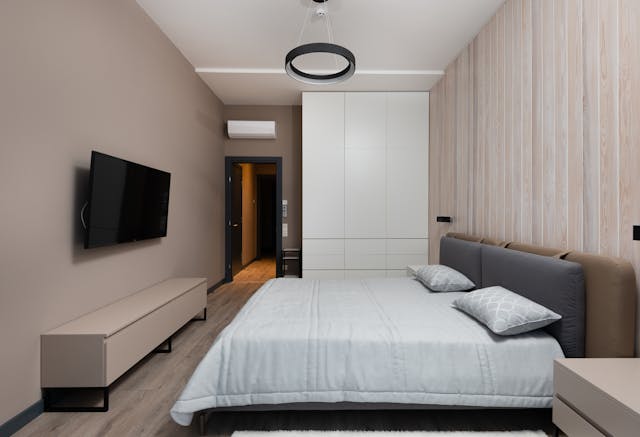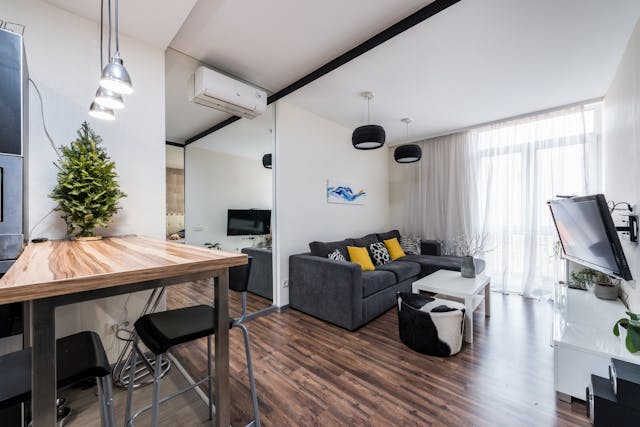In the Australian summer, air conditioning is a must. With electricity costs and the environment on everyone’s mind, there’s a growing need for energy efficient cooling. This article will look at how Australians use air conditioning and the topics of energy efficiency, environmental impact and how to balance comfort with sustainability. Whether you’re a home owner or business owner, reducing energy consumption without sacrificing coolness is on everyone’s mind.
The Growing Demand for Air Conditioning
Australia’s size and climate make it one of the hottest countries in the world. Many areas experience temperatures above 35°C in summer, and the Northern Territory and Queensland have high humidity to boot, which adds extra discomfort to already extreme conditions. In cities like Melbourne, where summers can be unpredictable, air conditioning Melbourne solutions are essential for maintaining comfort during heatwaves. As more Australians seek refuge from the sweltering weather patterns, the demand for air conditioners has gone through the roof. They deliver comfort but at a cost: they use a lot of power.
As the population grows and summers get hotter, more and more households have given up on traditional cooling methods (ceiling fans or natural ventilation) and are opting for efficient air conditioning units. Businesses too see their importance: they want to create an environment that’s comfortable not just for productivity but for customer satisfaction.

Energy Efficiency Ratings
Air conditioners are tested for energy efficiency to see how much power they use for cooling. In Australia the most common is the energy star rating which is 1 to 6 stars based on lower energy consumption and higher cost savings over time. This encourages manufacturers to make models that use less power while still having good cooling capacity. Choosing energy efficient air conditioners benefits the environment and saves you money.
Australians are given estimated annual running costs when choosing air conditioner units. This is valuable information to help you choose models that will save you money in the long run by being cost effective. With increasing electricity prices more Australians are choosing higher efficiency units as they use less power and energy overall without sacrificing comfort.
Air Conditioning Technology
In recent years there have been advancements in making air conditioning systems more energy efficient with a focus on reducing power consumption. One of the major innovations is inverter technology which allows air conditioners’ compressors to adjust speed according to room temperature requirements so you don’t waste power unnecessarily. Traditional AC’s run at full speed until the desired temperature is reached before shutting off and that’s a lot of unnecessary electrical waste.
Another advancement is smart thermostats and home automation technologies. With these you can remotely control your AC’s to ensure it’s running during the right hours. Smart systems make adjustments automatically taking into account occupancy or weather conditions so you don’t cool unnecessarily.

Environmental Impact and Sustainable Cooling
It’s no surprise that given how much power it uses, Air conditioning has a big carbon footprint. In fact most if not all Australian households are still reliant on non-renewable sources like coal & gas. This increases atmospheric greenhouse gases making the situation worse. Climate change has brought about more extreme heat events in the country. So it’s imperative we find sustainable alternatives to mitigate the damage caused by conventional methods
To address this issue, solar powered options like solar panels are gaining popularity among environmentally conscious individuals. Advantages include reduced grid dependency and decreased carbon emissions. They harness the sun’s limitless power and convert it into usable energy so we can maintain comfortable indoor environments. Being able to integrate with existing infrastructure means free supply of clean energy and cuts down on ever increasing utility bills. Apart from the above mentioned points regular filter and insulation checks ensures systematic functioning and longevity of equipment without any adverse effect on environmental stability.
